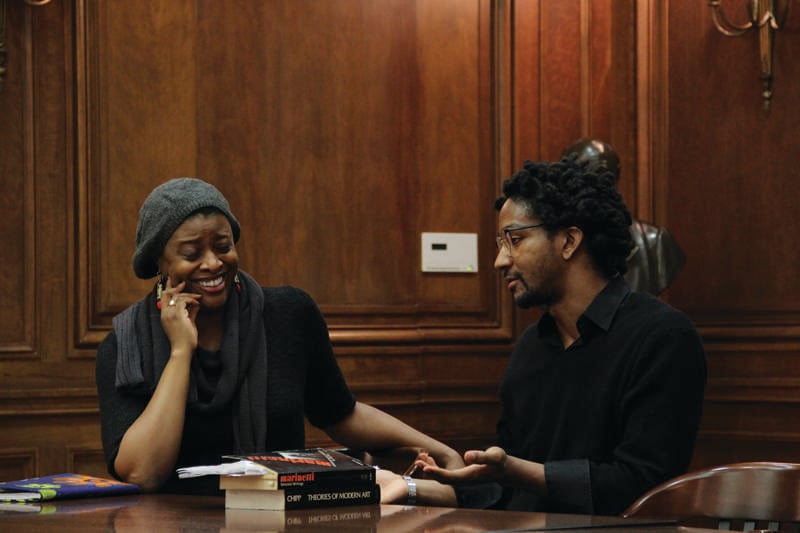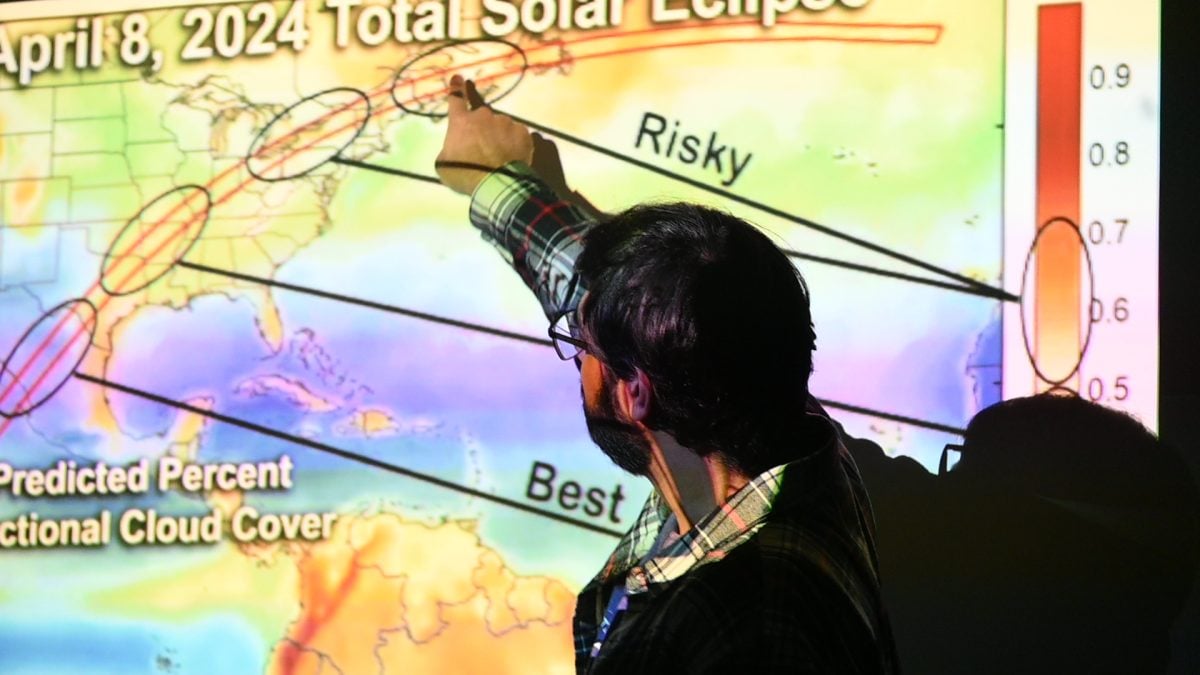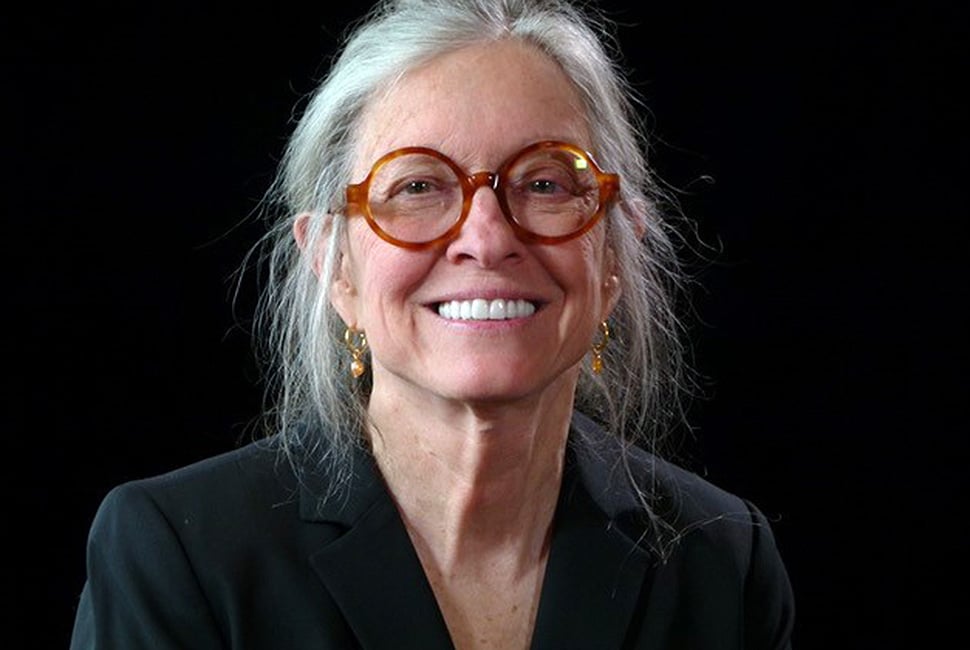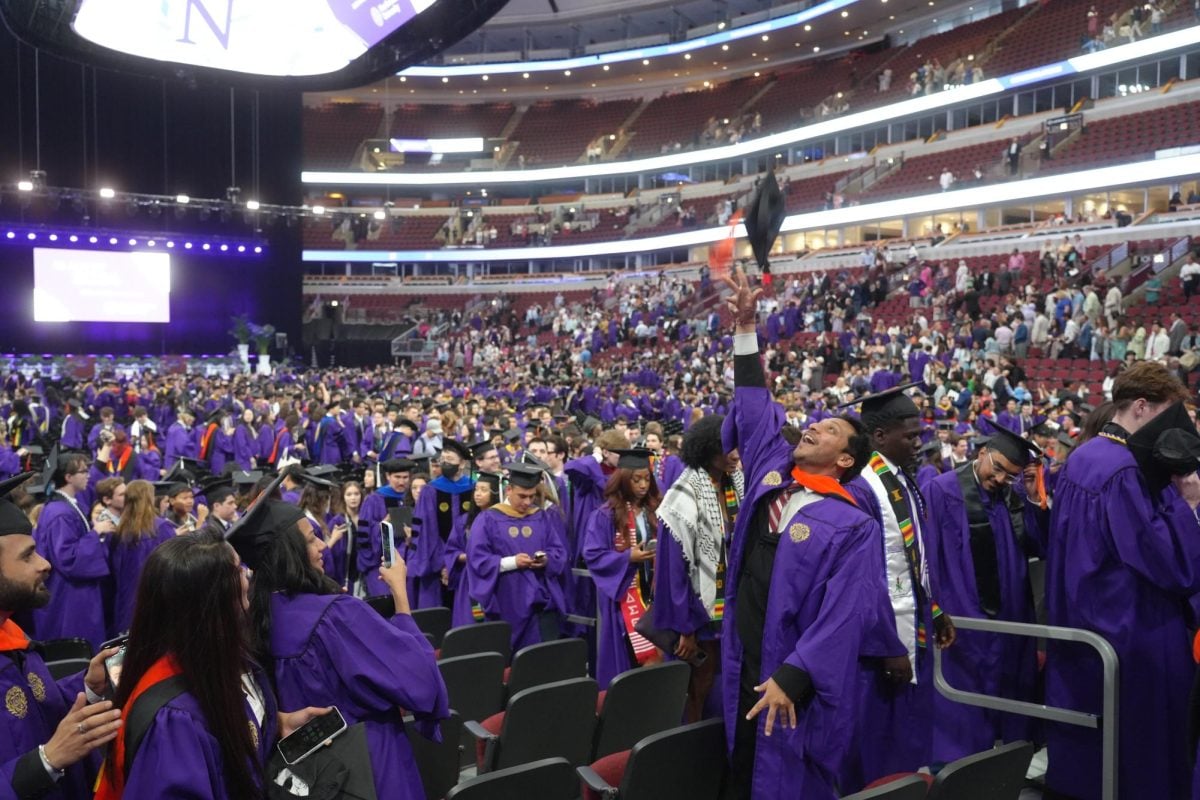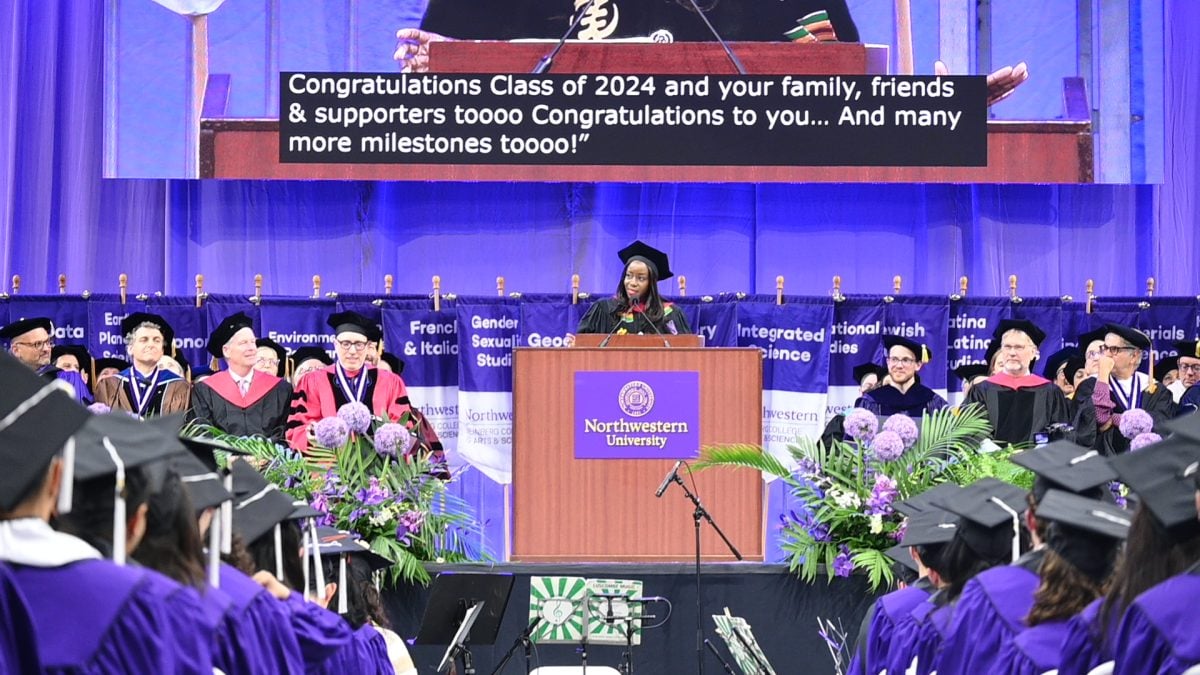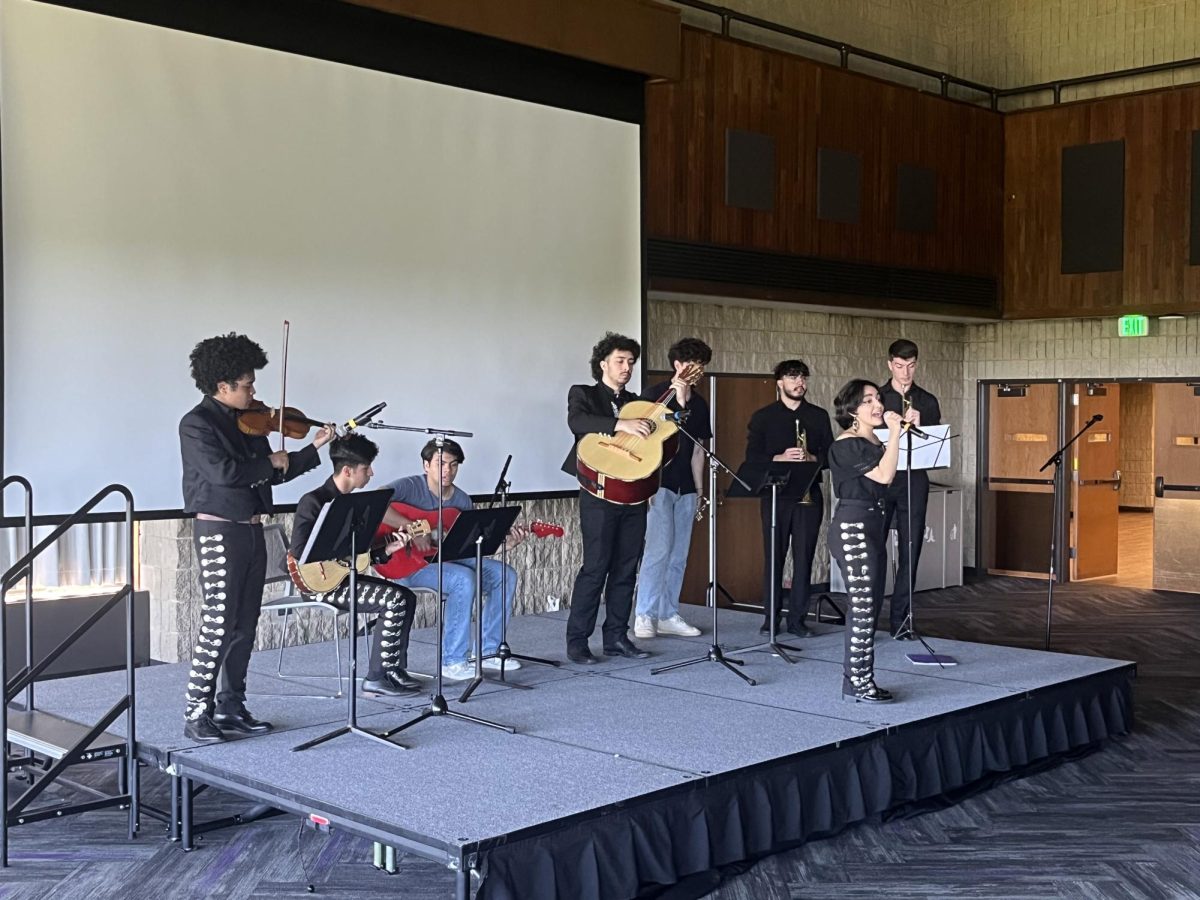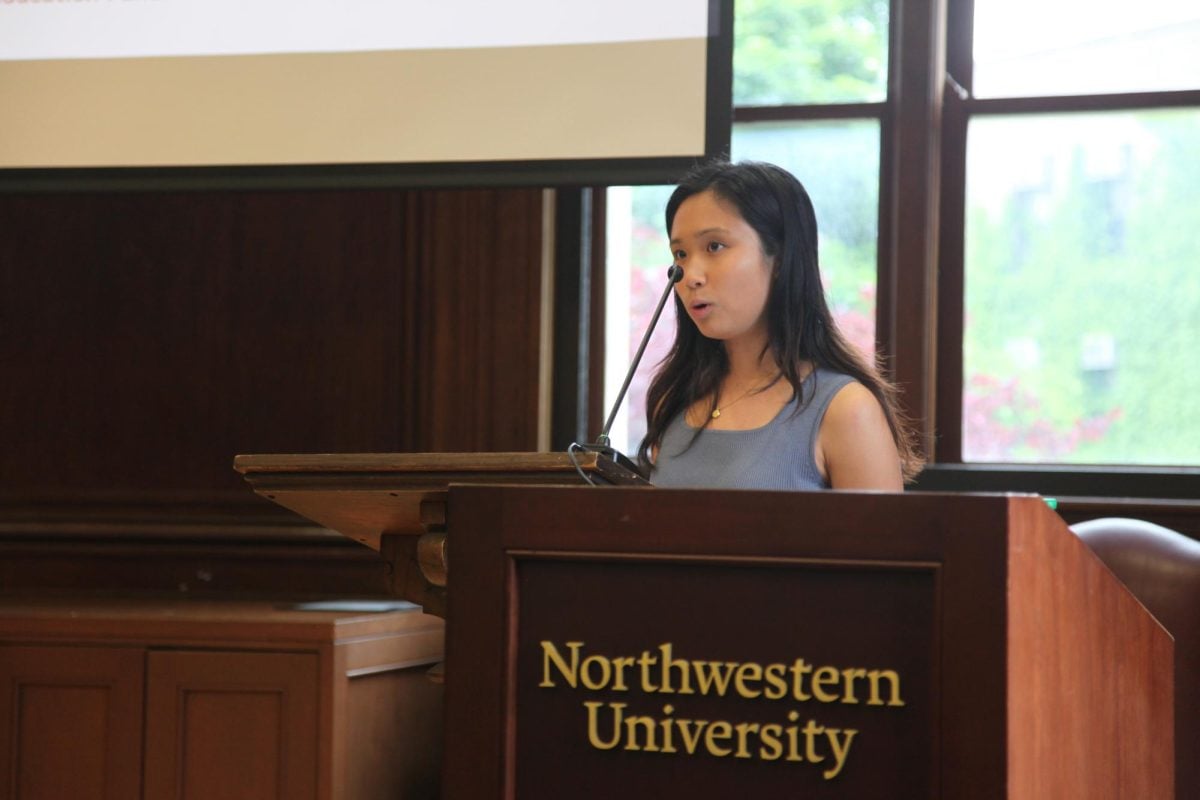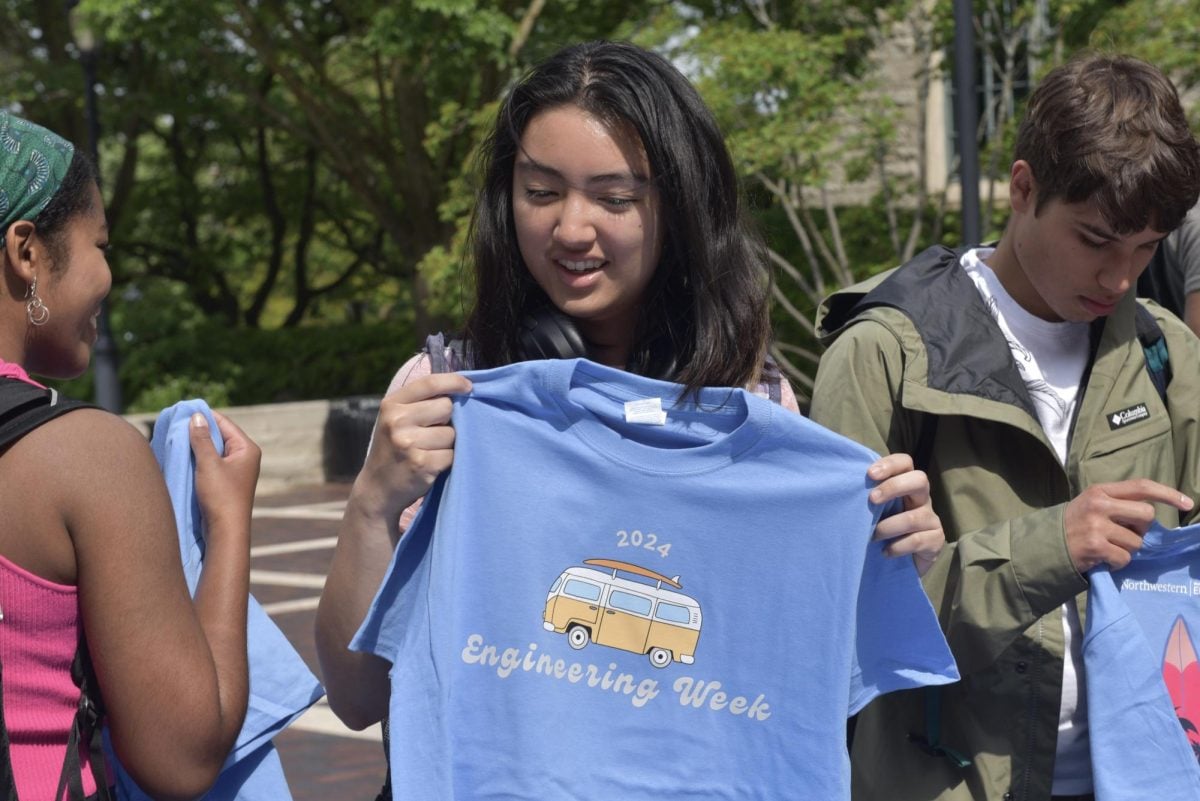Author Ytasha Womack visited Northwestern on Thursday for a panel discussion on Afrofuturism, an emerging literary genre described as the intersection between technology, black culture and imagination.
Panelists discussed the genre and Womack’s book, “Afrofuturism: The World of Black Sci-Fi and Fantasy Culture.” Sponsored by the African American Studies department, the event took place in Harris Hall.
Womack called Afrofuturism not just a literary genre but also a cultural aesthetic and a basis for critical race theory.
“Some people ask me how Afrofuturism differs from general science fiction,” Womack said. “In Afrofuturism, it’s very much about where the future meets the past. Another big difference is that Afrofuturism views race as a technology or an invention — race as we understand it was created.”
Womack asked African American Studies Prof. Alexander Weheliye to organize the event. Weheliye also reached out to For Members Only to be a co-sponsor.
“It’s important initially because before, there was not much discussion,” Weheliye said. “There was the idea that the black culture was anti-technology. Afrofuturism shows that, hold up, that’s not true. There are ideas of the intersection between black culture and technology.”
Panelists tackled how the genre is addressed in today’s culture, discussing how it has a vision to transform the community.
“We’re at a different place in the conversation today because of social media,” Womack said. “It puts the conversation on Afrofuturism on a fast trajectory because people who ordinarily couldn’t connect now can.”
Weheliye, who has taught courses on Afrofuturism at NU, believes it is important to discuss the genre because its ideas are relevant. Musical artists such as Lil Wayne, Will Smith, Nicki Minaj and Janelle Monae have all portrayed ideas of Afrofuturism.
“Afrofuturism is not necessarily discussed as an idea in popular culture,” Weheliye said. “It’s important to have a framework to discuss it.”
Womack said that the ideas of Afrofuturism have always existed. However, the actual term was created in the 1990s.
“When you have a name, that means there’s a community of thought,” Womack said during the panel. You can say, ‘Look, other great thoughts talked about this as well, so I’m not alone.’”
The panel also featured other artists and scholars Womack interviewed for her book.
Harris-Stowe State University Prof. Reynaldo Anderson, artist Krista Franklin of the University of Chicago and art history graduate student Jared Richardson all participated in the event.
“I find it really interesting that you get vivid interpretations of blackness and black corporality without formative texts,” Richardson said during the panel. “The black community is futuristic.”
Email: [email protected]
Twitter: @rosaliech1











